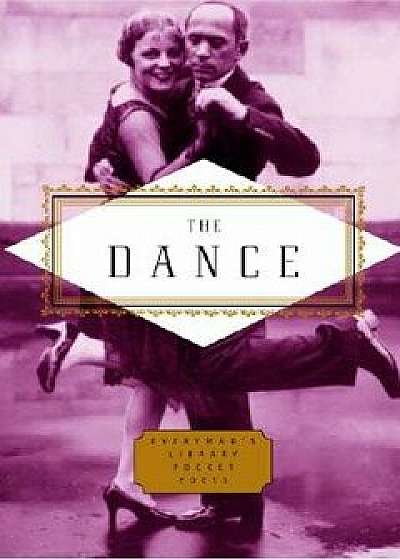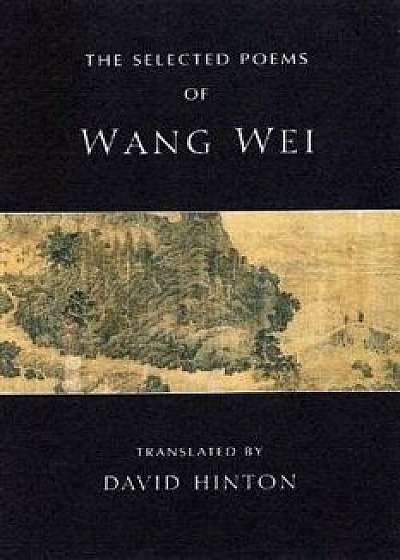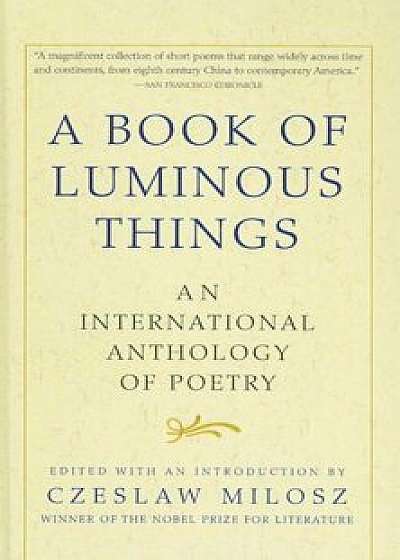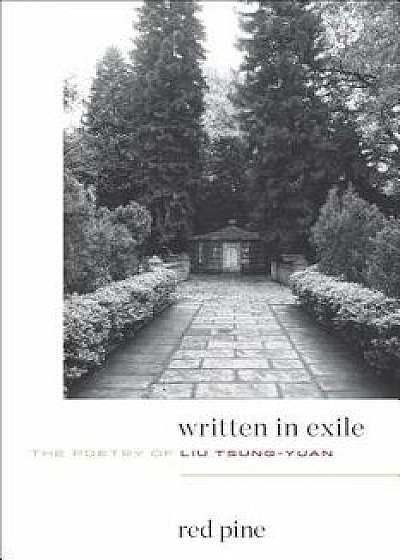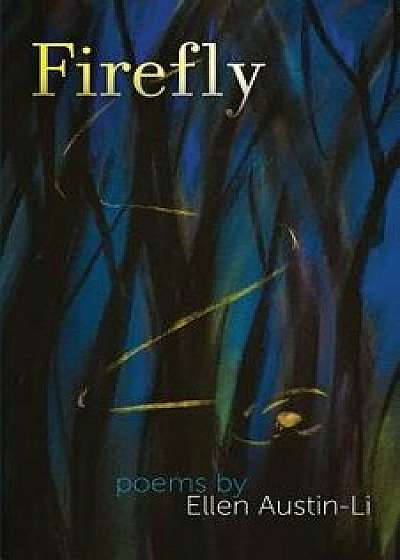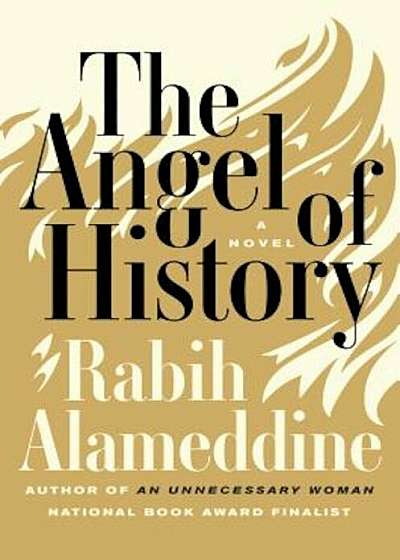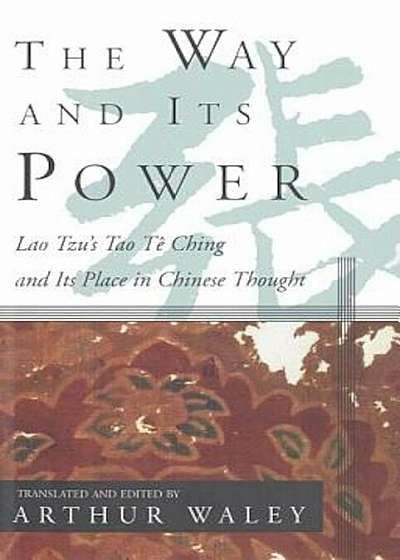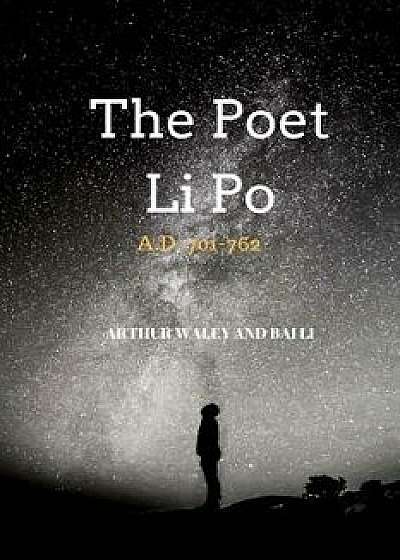
The Poet Li Po: A.D. 701-762, Paperback/Arthur Waley
Descriere
Description Since the Middle Ages the Chinese have been almost unanimous in regarding Li Po as their greatest poet, and the few who have given the first place to his contemporary Tu Fu have usually accorded the second to Li. One is reluctant to disregard the verdict of a people upon its own poets. We are sometimes told by Frenchmen or Russians that Oscar Wilde is greater than Shakespeare. We are tempted to reply that no foreigner can be qualified to decide such a point. Yet we do not in practice accept the judgment of other nations upon their own literature. To most Germans Schiller is still a great poet; but to the rest of Europe hardly one at all. It is consoling to discover that on some Germans (Lilienkron, for example) Schiller makes precisely the same impression as he does on us. And similarly, if we cannot accept the current estimate of Li Po, we have at least the satisfaction of knowing that some of China's most celebrated writers are on our side. About A. D. 816 the poet Po Ch -i wrote as follows (he is discussing Tu Fu as well as Li Po): "The world acclaims Li Po as its master poet. I grant that his works show unparalleled talent and originality, but not one in ten contains any moral reflection or deeper meaning. About the Author Arthur David Waley CH CBE (born Arthur David Schloss, 19 August 1889 - 27 June 1966) was an English Orientalist and sinologist who achieved both popular and scholarly acclaim for his translations of Chinese and Japanese poetry. Although highly learned, Waley avoided academic posts and most often wrote for a general audience. He chose not to be a specialist but to translate a wide and personal range of classical literature. Starting in the 1910s and continuing steadily almost until his death in 1966, these translations started with poetry, such as A Hundred and Seventy Chinese Poems (1918) and Japanese Poetry: The Uta (1919), then an equally wide range of novels, such as The Tale of Genji (1925-26), an 11th-century Japanese work, and Mon
